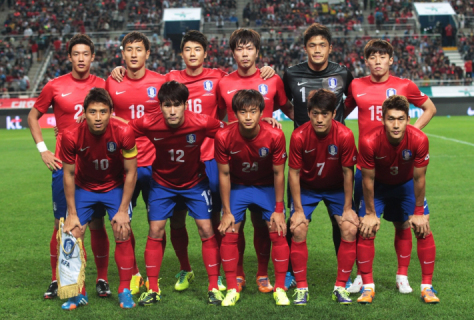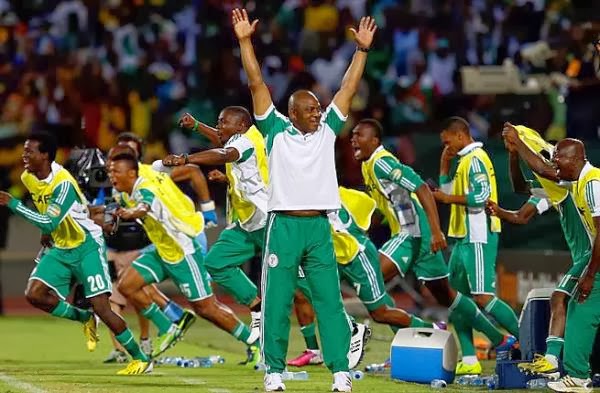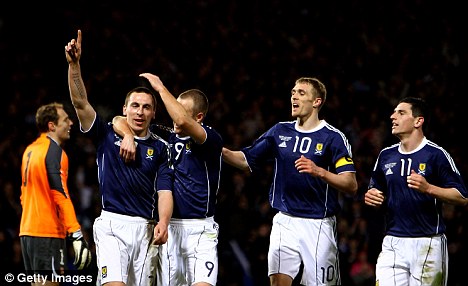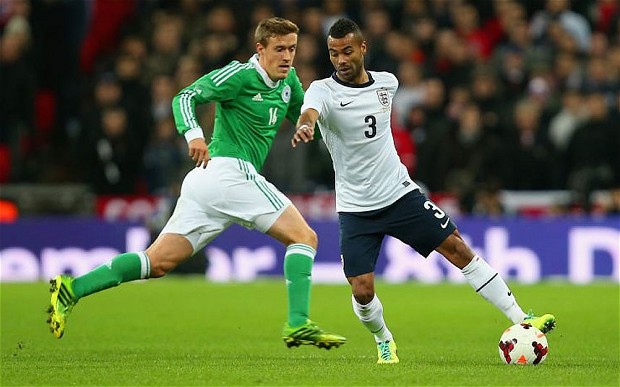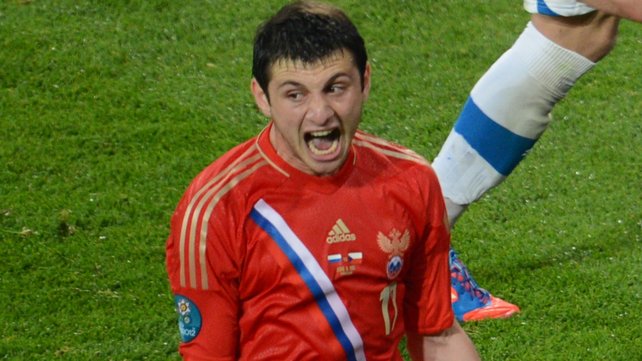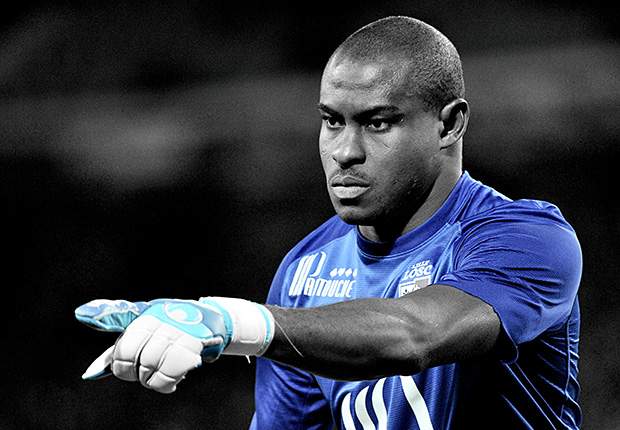Italians are known for their cuisines and more importantly, artistic values. But none would want to paint a picture of this scenario that has haunted the nation for 12 years now.
Four minutes away from penalty shootout in extra time, South Korea’s Lee Young-Pyo lofts the ball into the box, and striker Ahn Jong-Hwan climbs above the legendary Paolo Maldini to score the Golden Goal that sends South Korea into the quarter finals of the 2002 FIFA World Cup.
The Taegeuk Warriors, as they are known by locals, made it to the semi-finals of the tournament; and ever since this stratospheric bar was set by the class of ’02, it has never been the same.
The soccer-crazy nation of South Korea (or Korea Republic) has always had high expectations for the national team going into any tournament, and this summer’s FIFA World Cup™ — their eighth consecutive appearance — won’t be any different.
Advertisement
However, all is not well with “The Reds”, with much of the golden-era gone, coupled with a pragmatic approach from their much-maligned former manager, Choi Kang-Hee, who managed to qualify the nation ahead of lowly Uzbekistan only on better goals difference.
Ever since the qualifying debacle, captain of the class of ’02, Hong Myong-Bo, has taken over reins of the team. The 45-year-old was the rock-solid defender who marshaled that stingy defence, and his reign has brought back signs of the good old times.
Known as The Korean Libero, Myong-Bo led Korea Under-23s to bronze at the 2012 Olympics before taking up the challenge. He has surrounded himself with several young players from his Olympics team; and it is believed that the average age of his starting eleven at the World Cup could be less than 25 years.
Advertisement
South Korea will miss legendary players, Park Ji-sung, Lee Young-Pyo and Ahn-Jun Hwang due to retirement, but some European-based talent are still scattered around while Myung-Bo has decided to look more inwards in the Asian continent.
Players to watch
At just 21, Son Heung-Min is Korea’s hope for the present and the future; and he is already seen as the next Asian superstar. A pacy striker, the Germany-trained has been a revelation since dropping out of school in Korea to make the trip to Hamburg’s academy. He joined Bayer Leverkusen last summer, and has played a key part in the team’s fairly-successful season. He is a composed player who operates either as the main striker or behind one — so much is his composure. A coach’s dream player, Son offers tactical discipline, something a team player should possess in vital moments at the World Cup, moments that rarely come.
Other key players are Park Chu-Young, South Korea’s top scorer in qualifying; and Ki Sung-Yeung, the midfield dictator who is a key player at Sunderland
Advertisement
Strength
The team’s style under the young coach is based on a tight defence that releases long balls unto its speedy wingers and on-form front men. Most of their goals are scored through this route. Coupled with a midfielder such as Ki who could dictate play in the midfield, a smash-and-grab game plan could be on the cards in the tournament.
Weakness
Although the coach prides himself on meticulously organising the defence, defending set pieces is an area he would need to sort out before the tournament, as the World Cup can be unforgiving. Concentration levels must also be high, as the team is notorious for conceding early goals.
Advertisement
Last Line
Inexperience and lack of on-field leaders will be the nation’s undoing, and they should look more at keeping the squad together in order to make better impact in four years’ time.
Advertisement
